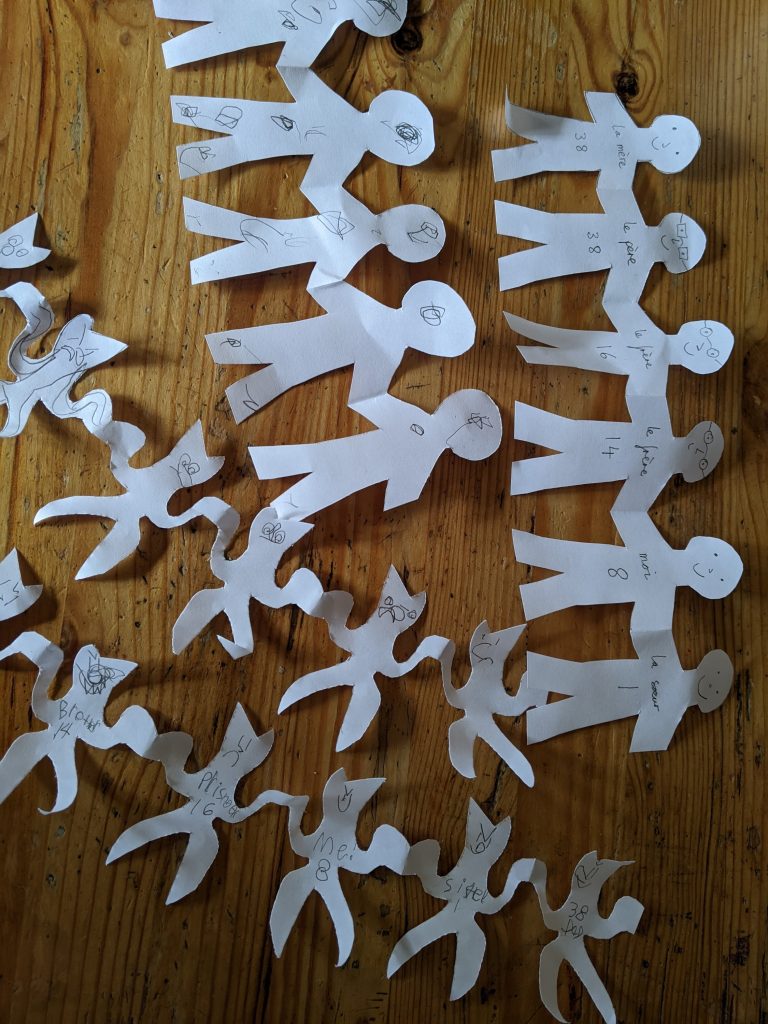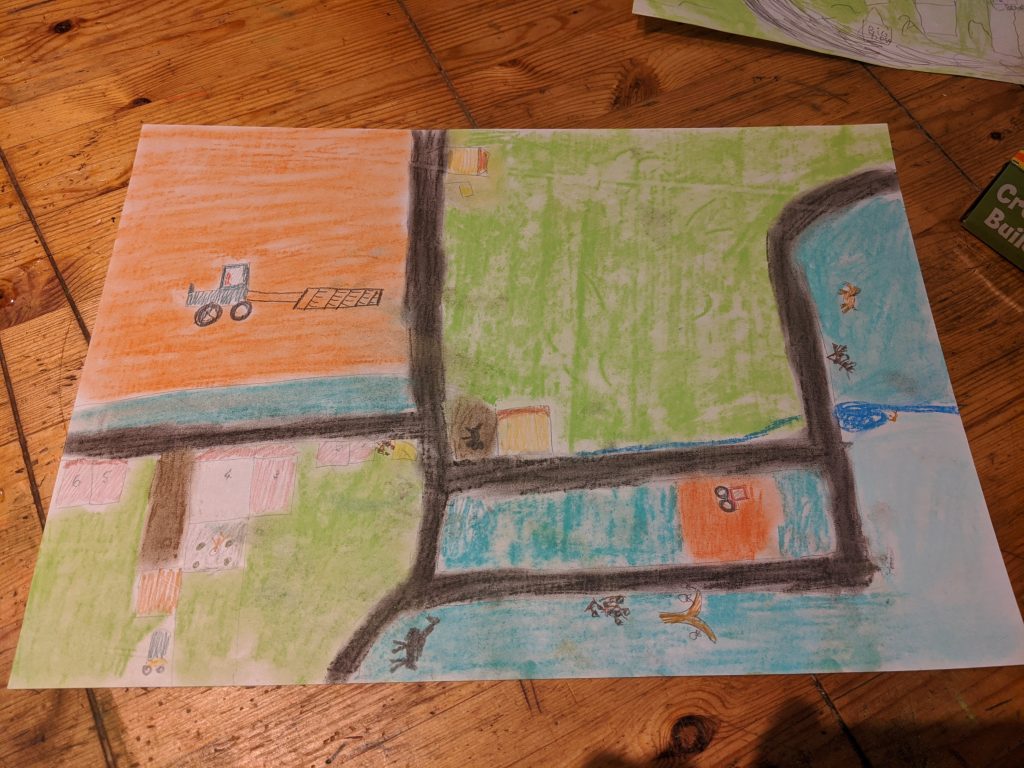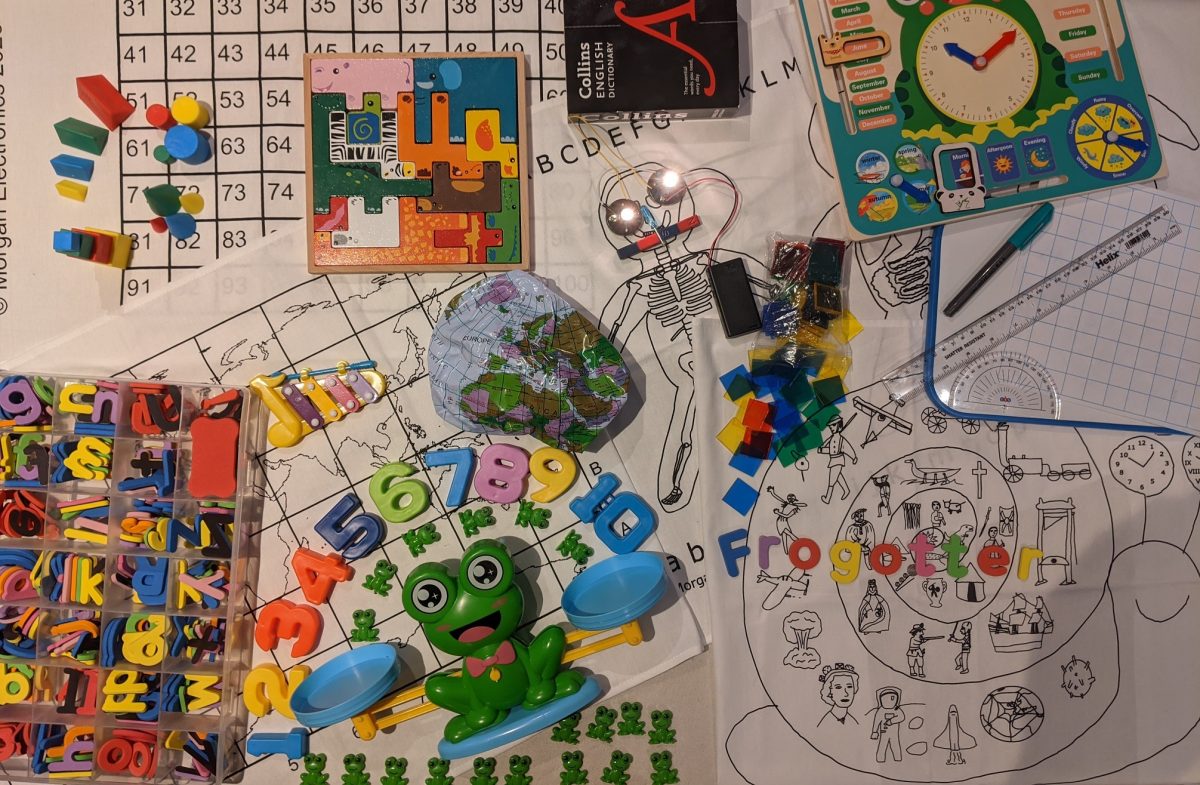However old your child, and however experienced you are as a parent, starting home education can be daunting. Being responsible for your child’s education is certainly an important task, but it can still be a lot of fun.
The first thing to do is relax.
Reasons to Relax:
There are fewer time limits than you might think. Even GCSEs and A-levels can be taken at a range of ages, and there’s no real deadline to anything your child learns in primary school. You don’t have to follow school terms, or school days. In short, you have all the time you need.
School isn’t going anywhere. If you want to, in a term, a year, or a few years; you can re-enroll your child in school. This may seem like a strange thing to say to someone starting home education. But, it can be very freeing to know that you haven’t made an irrevocable decision. If you change your mind, or if circumstances change, you can use school again.
You’re not alone. There are lots of home education groups (Facebook can be a great way to find local groups, and Education Otherwise keeps a list of local groups), and all the ones we’ve come across are always ready to welcome new home educators. You and your child will find a community to join.
Nor are you under-resourced. There are loads of trips, online games, workbooks, board games, libraries and sports centres out there waiting for you to find them. Once you get started, you’ll soon find that the hardest bit is whittling down what you really want to do. There’s loads of choice!

Relating To One Another:
Sometimes parents take children out of school because their child was unhappy. It can take time, and gentleness, to heal a child who had a tough time at school.
Often – especially if a child has attended school or nursery – parents are unused to taking on the role of teacher as well as parent. When starting home education, it can feel a bit strange to be closely involved in your child’s education if you’re both accustomed to having another adult there. You’ll both need to ease into your roles as home educating parent and child. It’s not quite the same as being teacher and pupil. It is, however, a flexible role that you can mould to fit your family.
As you explore learning together, you’ll get to know each other better. You’ll get to know what time of day you have most energy and enthusiasm. You’ll get to know what excites you and what baffles you. Home Education could be called Family Education, it involves the whole family, and everyone will need to work out their role and how to really enjoy this period in your life. Don’t expect it to be all about your child. The best Family Education set up is the one that’s comfortable for everyone.
When deciding on timetables, groups, even what to study; consider everyone’s needs. In the early days of our home educating, my husband worked Monday-Friday, then did some home ed with the children on Saturdays, so that I could pursue my own projects. Sunday was a family day, then Monday I did fun activities or trips with the children, to ease us all back into the week. My main home education days were Tuesday-Friday. These days, I work Mondays and Tuesdays, so my husband does home education in those days, then he works Wednesday-Fridays. I do home education with the children on Wednesday and Thursday, then use Friday as a Catch-up day to sort out all the things we didn’t get around to during the week. Which leaves Saturday and Sunday for family time. Find a pattern that suits your family, and to adjust it when required.
Repeating Patterns:
Most children thrive with reliable routines. I like to think of our routine as the plain canvas that allows everyone to express themselves in bright colours. We keep the pattern of the week predictable and the children can fill it in with their own ideas and projects.
People learn in spirals, returning to ideas over and over, adding a bit more detail and depth each time. So, it’s good to repeat activities, trips, books, and games with your children. As they repeat, they will have a better chance of mastering activities, which will boost their confidence.
It’s easy to get overwhelmed with the options available when starting home education. Try out a few at a time. You don’t need a new activity every day, or a new game every week. You can go to the same forest over and over – that’s how you’ll see the seasons change. Never be afraid of boring your child. When you’re predictable, they will have space and security to be imaginative. Practice leads to excellence. Let your child practice skills over and over. Encourage revisiting, it’s how we learn our way around.



One reply on “Starting Home Education”
[…] am a big fan of returning to ideas and activities to help consolidate learning. ‘Repeat’, is one of the key themese of the Frogotter […]